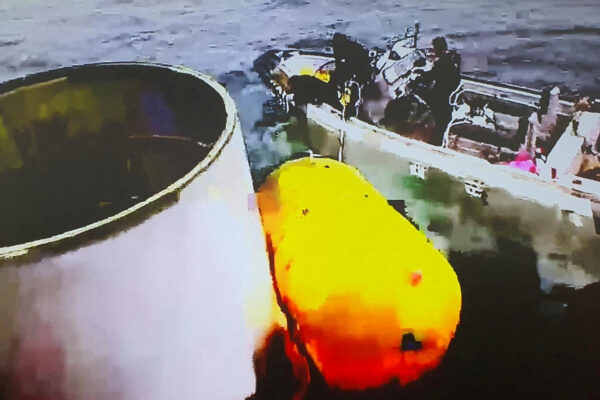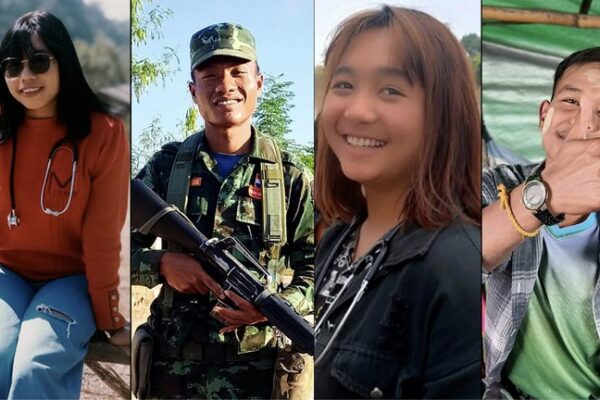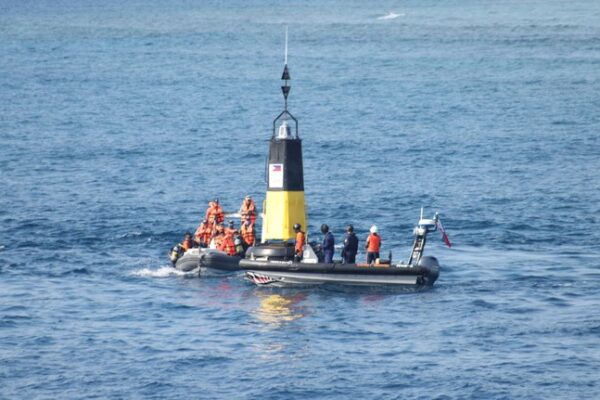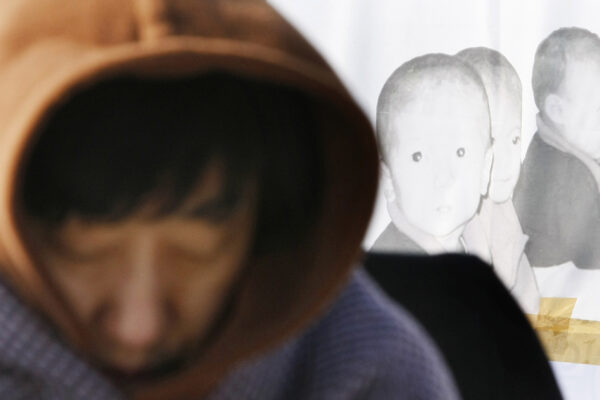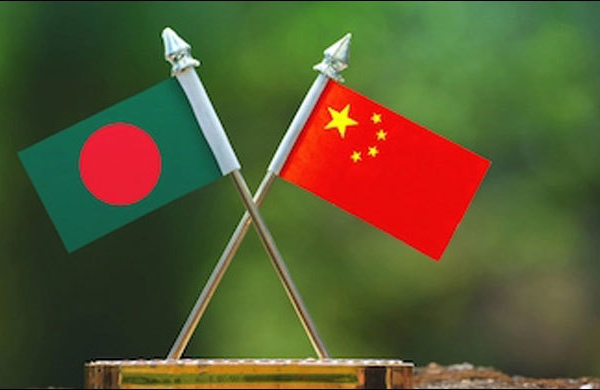North Korea forces exhausted soldier-laborers to keep daily diary
North Korea is forcing exhausted soldiers assigned to a high-profile state construction project to keep a daily diary to prove their loyalty. But many complain that after working 14-hour days with no weekends, they are too drained to think about what to write, a resident and a soldier in the country told Radio Free Asia. North Korean leader Kim Jong Un in 2021 unveiled an ambitious plan to address a housing shortage in the capital Pyongyang by building 10,000 new homes in the city by the end of the year, and a total of 50,000 by the end of 2025. Soldiers with orders to provide free labor for the project, called “stormtroopers,” live in squalid conditions with inadequate food rations and they are under pressure to meet tight deadlines. On Feb. 25, Kim Jong Un and his young daughter Ju Ae attended the groundbreaking ceremony for the construction of a new street in Pyongyang’s Sopho district. During the ceremony, Kim presented a diary book to a contingent of young stormtroopers who were building houses in the city. North Korean leader Kim Jong Un and his daughter Kim Ju Ae attend a ceremony for the construction of a new street, in Sopho District, Pyongyang, in this photo released on February 26, 2023, by North Korea’s Korean Central News Agency (KCNA). Credit: KCNA via Reuters Diaries with the title “Days of My Youth” were later distributed to every soldier, and from then on, they were made to fill it with a new entry each day, a resident of the northeastern province of North Hamgyong told RFA’s Korean Service on condition of anonymity for security reasons. “These stormtroopers … work 14 hours per day and they have no rest days except for major national holidays,” he said. “There are frequent accidents where workers fall because they were falling asleep on the job, but now on top of all this [authorities] are telling them to write daily journal entries.” Forcing loyalty Their entries will be checked once per week, according to the resident. “If you skip even one day, or write an entry insincerely, you will be singled out in front of everyone and humiliated during life review sessions on Saturday,” he said. The review sessions are not just a facet of the military. Every North Korean citizen must attend such sessions in companies, organizations, or neighborhood watch units, and review how they can be more loyal. Citizens are made not only to criticize themselves, but also to report instances of deficient loyalty among their peers. For the stormtroopers, the diary assignment is yet another way that the government is forcing them to prove their loyalty. “How can they expect struggling young people who go to bed hungry every day to be in the mood to write a diary every day?” the resident said. The diary also serves as a reminder of the project’s deadline, he said. “At the bottom of each diary page it says ‘There are ______ days left to report loyalty to the Mother Party,’ implicitly urging the completion of the construction before Oct. 10,” which is Party Foundation Day. A former stormtrooper who worked in Pyongyang, but was sent home to the northwestern city of Sinuiju after being injured in an accident, told RFA that the diary is also used in punishments. “A member of the stormtrooper platoon I was in deserted because he was starving and he hid at a relative’s house in the city,” she said. “He was captured after ten days. The brigade commander forced him to write self-criticism letters to fill in the blank pages in his diary.” People who have heard about the plight of the stormtroopers are unhappy that the government gave the diaries as gifts to the soldiers, but monitors what they write and punishes them for it, the soldier said. Shortly after a major holiday in April, the party committee at North Korea’s top university received a letter penned by a citizen that strongly criticized diary censorship,” she said. “The writer of the letter faked his name, so the judicial authorities couldn’t investigate any further.” Translated by Claire Shinyoung Oh Lee and Leejin J. Chung. Written in English by Eugene Whong. Edited by Malcolm Foster.


